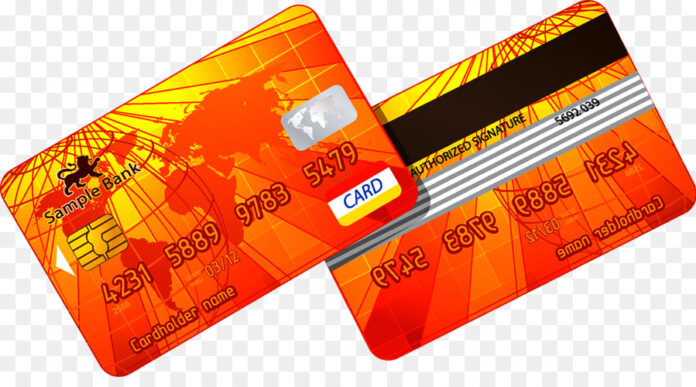Credit cards offer an array of advantages such as easy online shopping, offering discounts and cashback, building credit history, and so on. However, choosing a credit card might be difficult because there are so many options available. So, if you are wondering, “Which credit card is best for me?” we have you covered.
Here is a step-by-step guide that will help you to pick the best credit card in a breeze:
- Get A Copy Of Your Credit Report
First and foremost, know your credit score. Knowing your credit score can help you determine what kinds of the credit card offers you might qualify for. Most financial institutions allow you free access to your credit score. Besides, you may also request a free copy of your credit report from any of the three major credit bureaus – TransUnion, Experian, and Equifax. With a better credit score, you are more likely to get a credit card with better rates, reward programs, and more.
While applying for a new credit card, sometimes you will be subjected to a hard credit inquiry by the issuer. Since hard inquiries have a negative impact on your score, we would suggest you avoid applying for many lines of credit within a short period of time.
- Know What Kind of Credit Limit You Want
Your credit limit is how much money you can spend on your credit card. Your credit limits heavily depend on your relationship with the issuer, credit score, and credit history. As a general rule of thumb, you will not know your actual credit limit until your application is approved.
Some lenders give higher credit limits, while others give lower ones. Sometimes if you’ve had a credit card for a long time, you can request a higher credit limit from your credit card company. Remember: a credit limit is designed to be a comfortable amount of money for you to pay back. Even if your credit limit is not high, paying your bill on time is the most important thing for your credit score.
- Be Clear About How You Intend To Use The Card
When selecting a credit card, it is critical to think about how the credit card incentives connect with your actual spending habits. Credit cards offer rewards in categories such as grocery, dining, and travel. So if you happen to spend money on ordering food or eating out at restaurants, you should think about getting a credit card that awards extra points for dining purchases.
Before deciding on which credit card to use, think about your spending habits and your overall budget. To get the most bang for your buck, choose a credit card that closely reflects your own spending habits and interests.
- Consider Fees
Almost every credit card has fees and interest. These are some of the most common fees:
- Annual fee: Some credit cards charge you annual fees, which usually range between $95 to $550. Some credit cards, especially for good candidates, do not have annual fees.
- Penalties: Most people think about penalties as a one-time late fee, and lots of credit cards have those. However, sometimes credit cards also have a period of higher interest, or penalty interest. Even one missed payment might account for a considerable increase in the interest rate (either for a limited amount of time or for the rest of the time you have the card). Make sure you understand how penalty fees work on the credit card you choose.
- Annual percentage rates: Credit cards’ Annual Percentage Rates (APR) govern how much interest incurs when you carry a balance on the credit card. In most cases, if you pay off the entire balance on your credit card each month, you will not have to pay any interest on your purchases. Sometimes credit card purchase accrue interest day-to-day, but that’s rare. Either way, you should find a credit card that has the lowest APR (or interest) in case you need to carry a balance.
- Balance transfer fee:If you currently own a credit card but are struggling to repay high-interest credit card debt, a balance transfer card may be a smart alternative for you. Fees for balance transfers normally range from 3% to 5% of the transferred amount, and often the credit card will have a limited time period that offers a lower interest rate than other credit cards.
- Shop Around
Check out a few different credit card offers before making a final decision. It will ensure you get the best deal to meet your requirements. To be approved for the best rewards credit cards, you will need to have a good credit score. If your credit score is lower than you’d like, there are lots of ways to increase your credit score, such as credit building credit cards.
As a pro tip, only apply for one credit card at a time. Trying to apply for several credit cards in a short period of time can harm your credit score. To evaluate if you have a decent chance of qualifying for a new credit card, certain credit card providers offer preapprovals.
Conclusion It used to be that people had limited choices as far as credit cards are concerned, but things have changed now. Financial institutions are introducing different types of credit cards to cater to the needs of the many types of borrowers. If you feel overwhelmed with the number of credit card options, remember that there are lots of places you can look for information. Lastly, be sure to read the credit card fine print before signing the dotted line.

